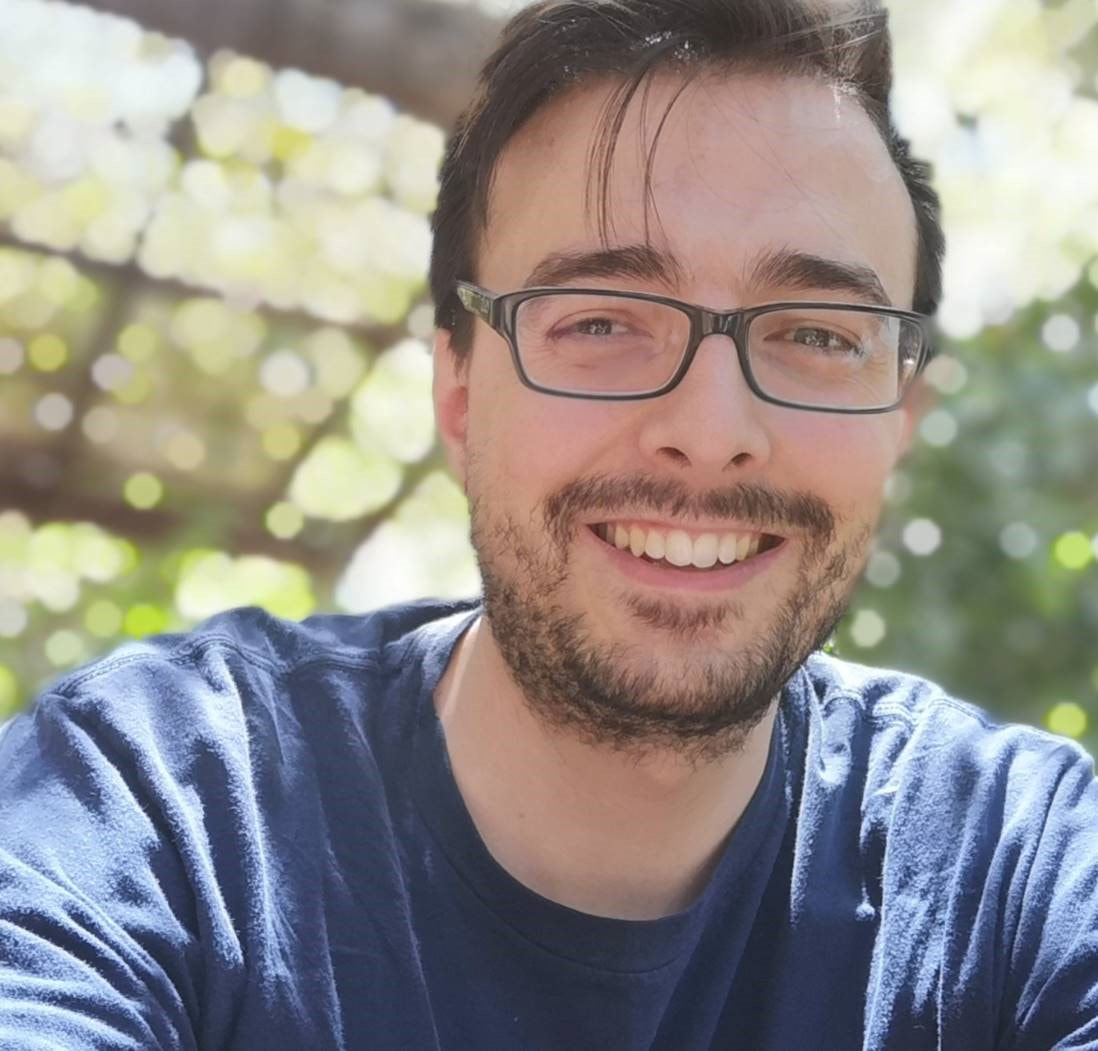| I am absolutely fascinated by viruses and how they interact with their hosts via elegant molecular processes. To continue my scientific journey, last month I moved to Tucson from Canada to join as a postdoc in Dr. Koenraad Van Doorslaer’s lab at the BIO5 Institute. Here we explore the importance of papillomavirus evolution and seek to understand how infection with some of these viruses leads to cancer. Papillomaviruses are an ancient family of pathogens that infect cells of the skin and mucosa, with some types of human papillomaviruses (HPVs, such as type 16 and 18) that are transmissible via sexual contact and able to cause genital cancers (e.g., cervical cancer) as well as cancers of the head and neck (e.g., throat cancer). It is poorly understood why and how only a small proportion of infections will ultimately lead to cancer. Prior to coming to Arizona, I completed my doctoral training in "the land of ice and snow": Northwestern Ontario, Canada, in the city of Thunder Bay. There I become hooked on studying human papillomaviruses and cervical cancer, using “life-like” 3D human tissue culture, with Dr. Ingeborg Zehbe at the Thunder Bay Regional Health Research Institute and Lakehead University. This method of growing cells in the lab enables experimentalists to create “life-like” human skin or mucosa, supporting an active viral life cycle needed to study the virus and its carcinogenic abilities in its natural environment. This level of realism is not possible with standard and traditional 2D or monolayer cell culture. In the Van Doorslaer lab, I am incredibly excited to study the early infection process of papillomaviruses using 3D human tissue culture along with novel techniques such as single-cell sequencing and bioinformatics. This will allow us to uniquely pinpoint the molecular and cellular changes that are occurring in the specific cells that give rise to cancer. By teasing apart the specific factors and processes that influence persistent infection of the virus in host cells we aim to gain insight into the earliest stages of cancer development. We predict that with a realistic methodology (3D tissue culture), the right set of analytical tools (single-cell sequencing), and a great team here at UA, that we can help uncover the molecular basis of why only certain HPV infections lead to cancer. While I have only been in Tucson for a short time, I am enjoying it! The desert landscape and wildlife has been enchanting, the sky has been striking, the people friendly and fun, and the food... delicious. |
|
0 Comments
|
SpotlightEach month we'll feature a Postdoctoral Scholar and their research, sharing their experiences from the UA, life in Arizona and their research interests. Archives
November 2022
Categories |

 RSS Feed
RSS Feed
